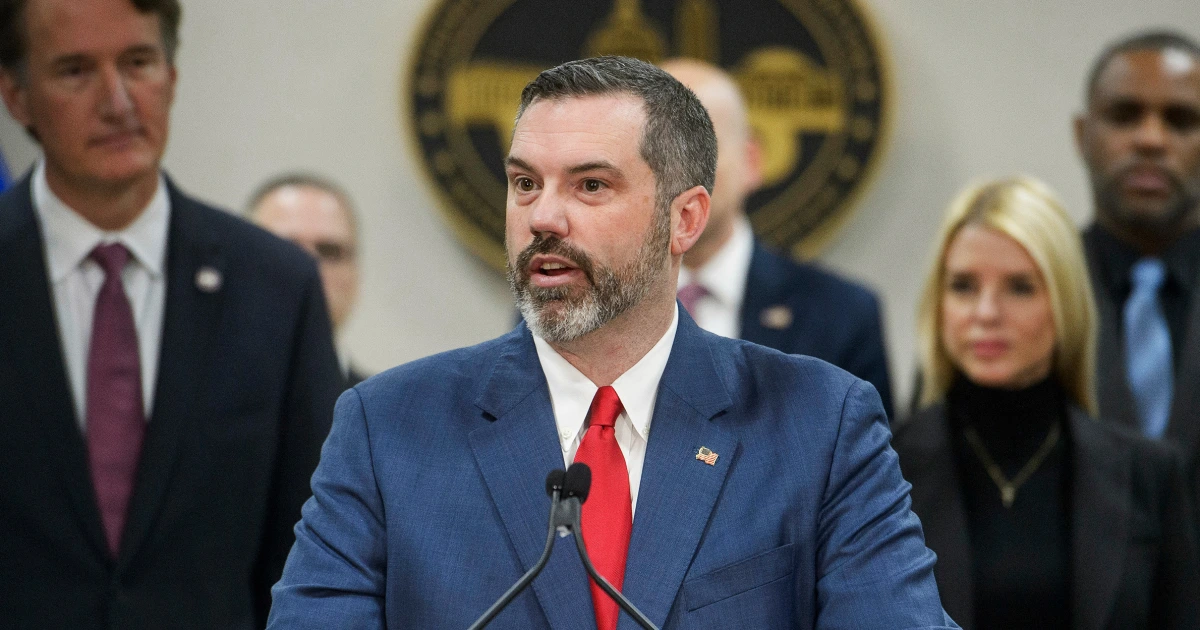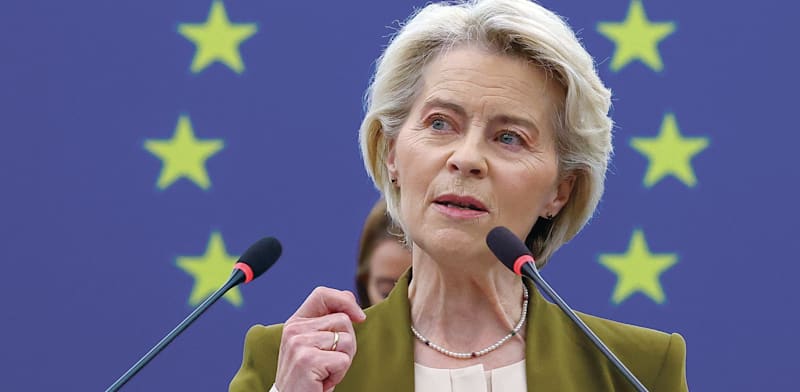
Among the most scandalous developments of Donald Trump’s second term is the eagerness with which the president has politicized and weaponized federal law enforcement. Taking stock, Jack Goldsmith, a conservative Harvard Law School professor and a former assistant attorney general for the Office of Legal Counsel, recently concluded that under this White House, “an atomic bomb dropped” on the Justice Department.
The New York Times’ David French added soon after, “We are watching Donald Trump break the Department of Justice right before our eyes. It was never a perfect institution. It has violated its own standards many times over many decades. But the answer to the Justice Department’s flaws is to reaffirm its commitment to justice and fairness, not to destroy its standards and abandon any pretense of impartiality.”
That did not mean, however, that things couldn’t get worse. Consider, for example, the departure of Erik Siebert, the U.S. Attorney for the Eastern District of Virginia.
According to a person familiar with Siebert’s discussions, Siebert told colleagues late Friday that he plans to resign and that he expects his assistant Maya Song will be demoted from her supervisory role.
To be sure, Trump and his team have outright fired other federal prosecutors: some because they worked for Democratic administrations, others because they worked on cases Republicans disapproved of. But the Siebert case is qualitatively different — and far more scandalous.
As NBC News reported this week, the White House was leaning heavily on Siebert’s office for a very specific reason: Trump hoped to get revenge against New York Attorney General Letitia James, who brought a successful civil fraud case against the president’s family business.
This, in and of itself, was indefensible: When a White House pushes prosecutors to bring a criminal case against a perceived presidential foe, as part of a brazenly retaliatory move, it’s the sort of thing one might expect to see in an impeachment resolution.
But that’s not the end of the story. James was accused of mortgage fraud by Federal Housing Finance Agency Director Bill Pulte — a presidential sycophant recently described by The Washington Post as “a prominent Trump sidekick,” who’s made a variety of highly dubious allegations against Trump targets. The hope in MAGA circles was that Pulte’s allegations would lead to politically satisfying charges against Democrats.
The trouble, of course, was that reality got in the way. As NBC News’ report added, federal agents and prosecutors didn’t believe they’d compiled enough evidence to get a conviction if the case against James were to go to trial. Similarly, this is the same U.S. Attorney’s Office that was tasked with going after former FBI Director James Comey, another Trump antagonist, and The New York Times reported that Siebert didn’t have sufficient evidence to prosecute him, either.
At that point, Trump had a choice. The president could stand by Siebert, a former police officer who’s worked his way up through the ranks at the office over the past 15 years, and trust the prosecutor’s judgment; or the president could push him out for failing to bring weak, unjustified and politically motivated cases against innocent targets whom the president doesn’t like.
Trump, true to form, made the wrong choice.
While some presidents get rid of officials for being corrupt, this president forced out Siebert for not being corrupt. In the process, the Republican took a fresh swing at the Justice Department and the integrity of the rule of law.
If all this sounds at all familiar, there’s a reason for that. As longtime readers may recall, it was nearly two decades ago when officials from the Bush/Cheney White House executed a scheme in which they fired several U.S. attorneys who refused to politicize federal prosecutions ahead of congressional elections.
As part of the same scandal, Americans were introduced to the phrase “loyal Bushies,” a label applied to prosecutors the Republican White House perceived as allies.
Around this same time the public learned about Monica Goodling, who made the transition from being an opposition researcher for the Republican National Committee to scrutinizing applicants seeking non-partisan positions at the Justice Department, testing their partisan purity. (In one notorious instance, Goodling blocked a career prosecutor from being promoted to a counterterrorism post because she discovered that the prosecutor’s wife had donated money to some Democratic candidates.)
That scandal lasted months, generated dramatic congressional hearings and led to a variety of Justice Department resignations. As a new U.S. attorney scandal unfolds, will there be any comparable response? Watch this space.



